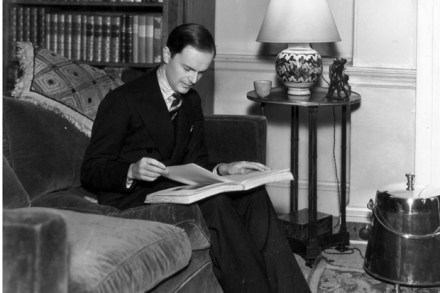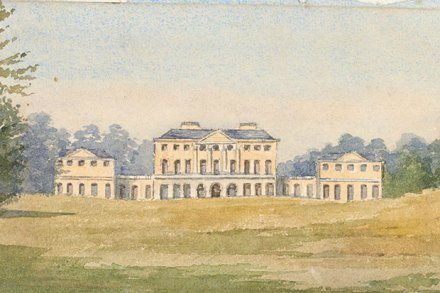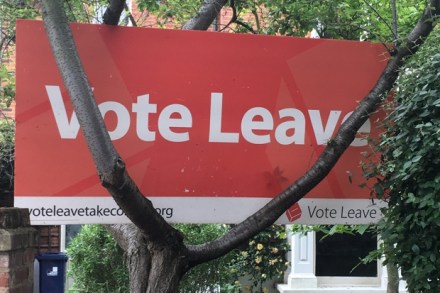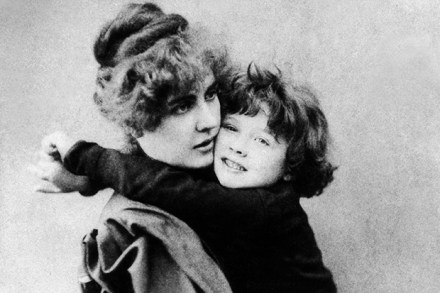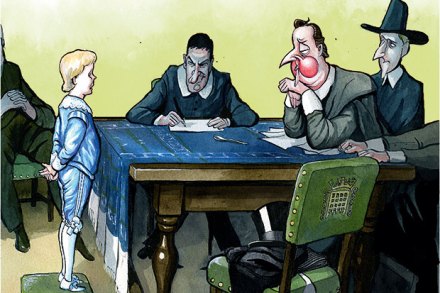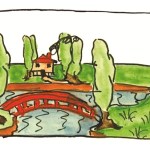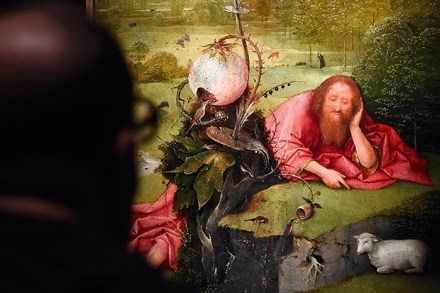The perfect mismatch
“Is she really going out with him?’ asks the old Joe Jackson song about a mixed-attractiveness couple. ‘They say that looks don’t count for much — there goes your proof.’ High society used to abound with couples in which the woman was far more beautiful than the man. But while we can still point to famous aesthetically mismatched partners (pudgy Trump and pulchritudinous Melania anyone?), the mating patterns of the young now mean we are witnessing the death of the mixed-attractiveness couple. This is thanks to the way millennials fall in love — more often than not, online. They flick through potential matches on sites such as Match.com and MySingleFriend




